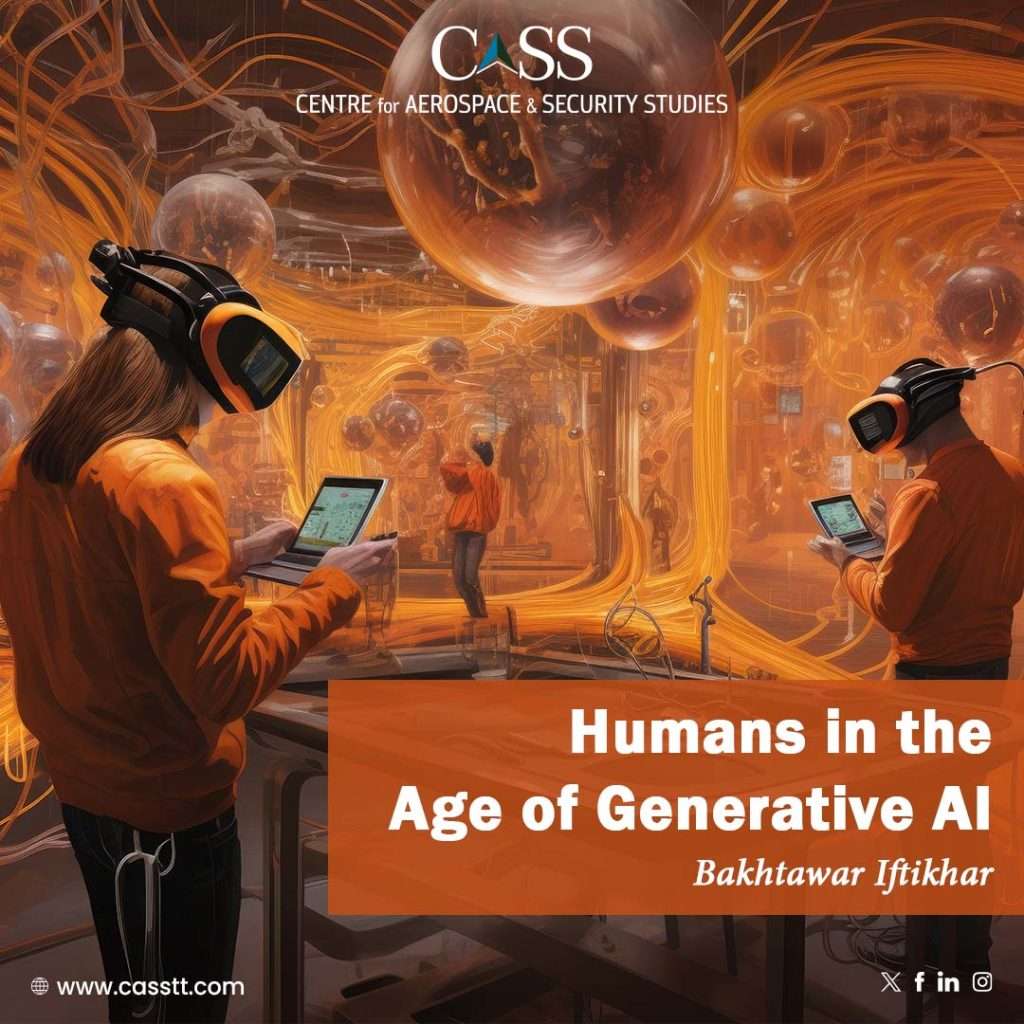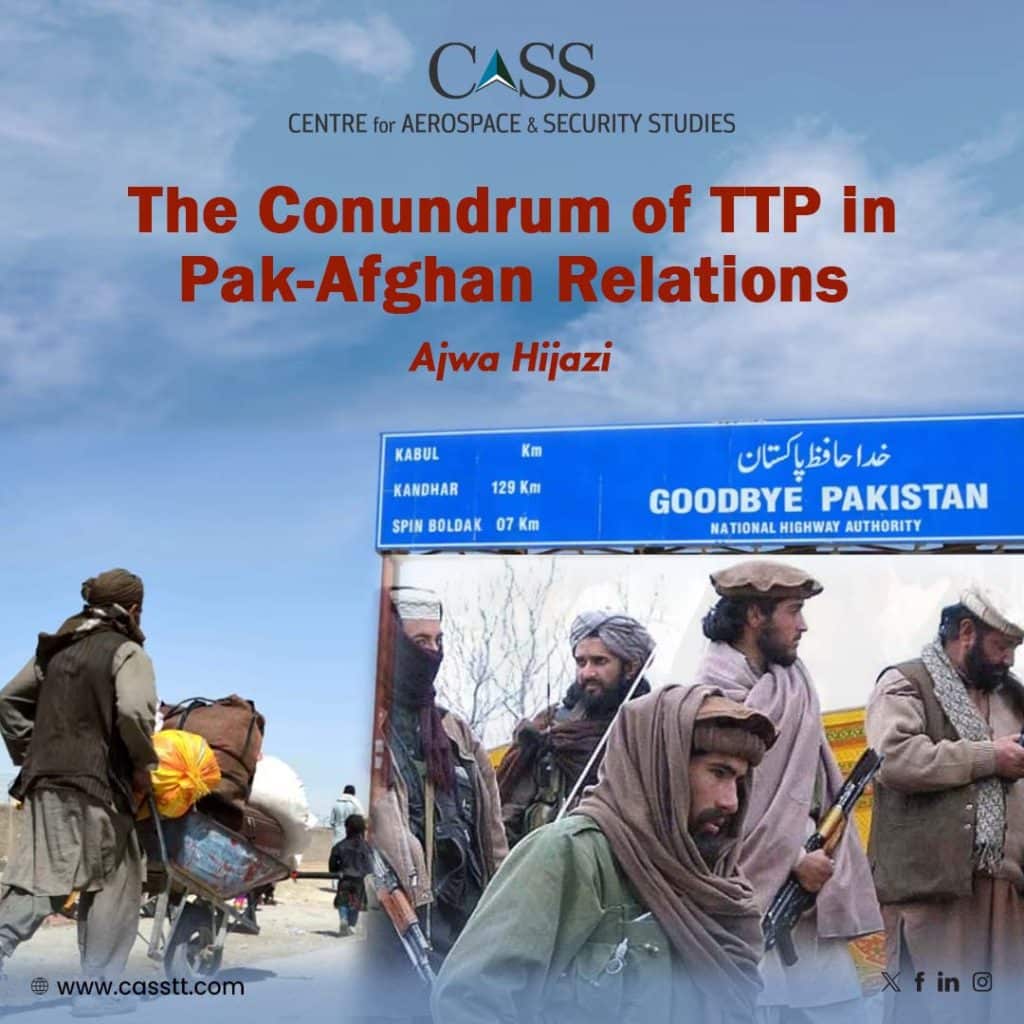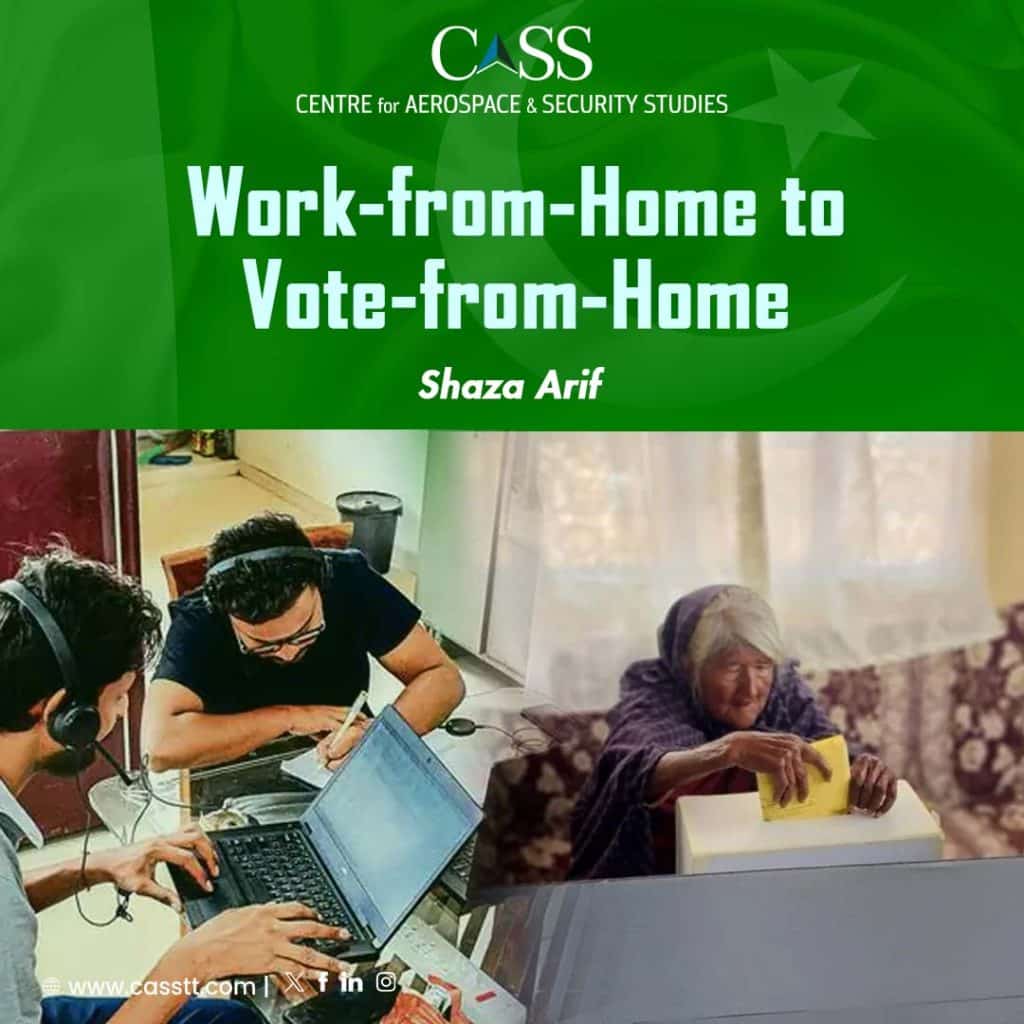The global economy of today exists in two parallel realms: the surface economy that is circumscribed by international and domestic regulation and oversight; and the shadowy economy that is large, amorphous, and fast-growing. Money laundering feeds this shadow economy, and it creates many domestic and international security risks, including the financing of nefarious non-state actors, promoting corporate and individual tax evasion, worsening economic inequality, and sustaining organized criminal activity. Leaks in recent years such as the Panama Papers, Russian Laundromat, and FinCEN only give us a glimpse of the problem. Yet the main bodies in charge of oversight of this space, such as the Financial Action Task Force (FATF) have a very limited focus, and even a political agenda of their own. For example, the FATF ranked United Kingdom’s (UK) compliance as the best in the world, although it is still marred by inefficiencies and is a work-in-progress.

Humans in the Age of Generative AI
As the fourth Industrial Revolution unfolds, Artificial Intelligence – devouring computational power and big data – is fuelling an ‘AI Spring.’ This article outlines the trends in Generative AI and explores the need to invest in human capital through upskilling/reskilling programmes amid fears of AI replacing humans. It attempts to reframe the conversation and larger vision in a positive light such that primacy remains with humans.
34 views

The Conundrum of TTP in Pak-Afghan Relations
Over several decades, Pak-Afghan relations have been characterised by phases of turbulence and stability. The current phase of bilateral relations is also marked by relative friction between the two neighbours. The primary reason for the strained relationship is Pakistan’s concern about either the inability or lack of will by the interim Afghan government to rein in Tehreek-e-Taliban Pakistan (TTP).
21 views

Work-from-Home to Vote-from-Home
The COVID-19 pandemic left behind many enduring legacies, with remote work, commonly known as Work-From-Home (WFH) being one of its more enduring ones. Back then, workplaces witnessed a remarkable revamp in routines, schedules and practices. Weekly office meetings shifted from conference rooms to living rooms via virtual meeting apps. Home desks assumed the role of office cabins, complete with the added benefit of flexible working hours in many instances.
9 views

© 2022 CASSTT ALL RIGHTS RESERVED
Developed By Team CASSTT
Contact CASS
CASS (Centre for Aerospace & Security Studies), Old Airport Road, Islamabad
+92 51 5405011
cass.thinkers@casstt.com
career@casstt.com
All views and opinions expressed or implied are those of the authors/speakers/internal and external scholars and should not be construed as carrying the official sanction of CASS.
